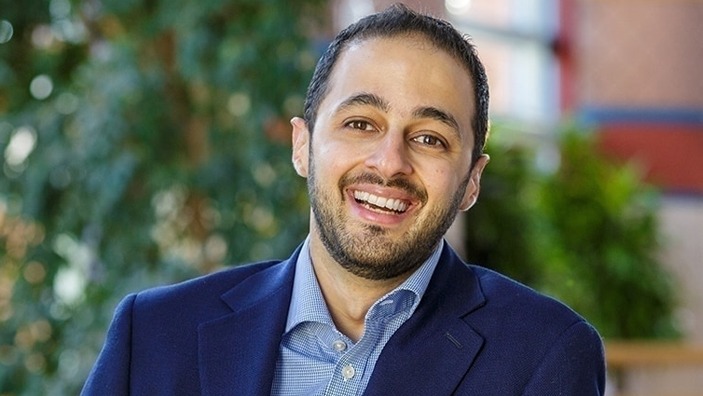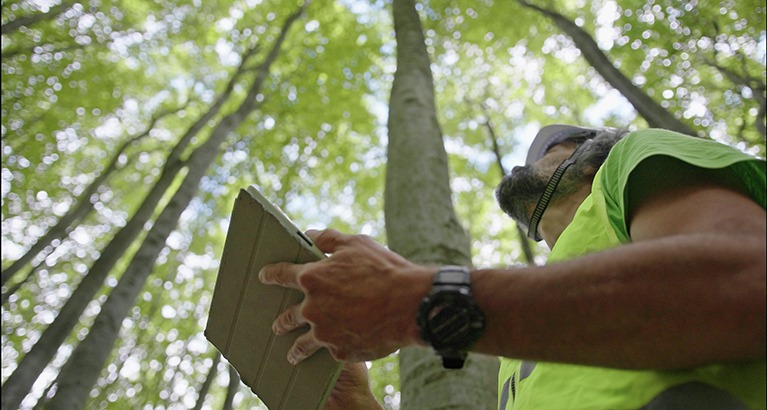While misinformation is often called out, subtler strategies such as emphasising favourable interpretations often slip under the radar. A new paper co-authored at Cambridge Judge Business School finds that large fossil fuel companies tend to ignore online discussion about extreme weather and instead focus on corporate sustainability topics, advertising and public relations.
“Climate change-driven extreme weather events and stock market performance do not significantly affect the patterns of communication among these firms and organisations,” says the study in Nature’s npj | Climate Action series whose co-authors include Kamiar Mohaddes and Thomas Roulet of Cambridge Judge.


On social media, fossil fuel firms promote STEM support over climate discussion
The study over a 7-year period (2014-2021) looks at 8 fossil fuel firms, 14 non-governmental organisations (NGOs), and 8 inter-governmental organisations (IGOs), examining more than 500,000 posts on X (formerly Twitter) through machine learning and artificial intelligence.
Instead of responding to online discussion about storms, droughts, wildfires and extreme temperatures, the fossil fuel industry instead is more likely to respond to an increase in postings by NGOs and IGOs about oil industry support for STEM (science, technology, engineering and mathematics) initiatives and corporate sustainability efforts.
“In conclusion, we provide a data-driven foundation for understanding the influence of powerful stakeholder groups on shaping the online climate and sustainability information ecosystem around climate change,” the study says. The paper – entitled “Do fossil fuel firms reframe online climate and sustainability communication? A data-driven analysis” — is co-authored by Ramit Debnath, a Cambridge Zero Fellow at the University of Cambridge; Danny Ebanks of California Institute of Technology and Harvard University; Kamiar Mohaddes, Associate Professor in Economics & Policy at Cambridge Judge Business School; Thomas Roulet, Professor of Organisational Sociology and Leadership at Cambridge Judge; and R. Michael Alvarez of California Institute of Technology.
Featured faculty
Kamiar Mohaddes
Associate Professor in Economics and Policy
Director of the Global Executive MBA Programme
Thomas Roulet
Professor of Organisational Sociology and Leadership
Featured research
Debnath, R., Ebanks, D., Mohaddes, K., Roulet, T. and Alvarez, R.M. (2023) “Do fossil fuel firms reframe online climate and sustainability communication? A data-driven analysis.” npj Climate Action
Related content
Visit the University of Cambridge website to read a longer version of this article, entitled “Emissions and evasions: how Big Oil influences climate conversations on social media.”





